Black History Month Special Edition
Saluting Our Sisters
Black History Month has been described as a time for ‘celebration, recognition and sombre reflection’. This year the theme is ‘Saluting our sisters’ and members of the Milton Keynes Fawcett Group have put together this special edition of our monthly blog to pay homage to some magnificent women. Each of us has written a short description of one woman of colour for whom we have personal admiration.
We could have chosen hundreds of women, but this is a blog after all, so we don’t have many words to play with. We’ve sneaked a few more names in at the end though and hope that you are inspired to find out more about these remarkable women.
Pansy Jeffrey
In 1981, Pansy Jeffrey, a Guyanese born British citizen co-founded The Pepper Pot Day Centre in London with her colleague Bridget Davies. She’d noticed that older members of the Windrush generation, having left home and family to work in the UK, were finding themselves isolated, lonely and depressed. The Pepper Pot was set up to address this need, providing a culturally sensitive drop-in centre for recently retired, redundant or disabled members of the Caribbean and African community who otherwise had nowhere to socialise.
.
When Pansy initially came to the UK she worked as a nurse and health visitor before in 1959 working in race relations in Notting Hill following the race riots.
In 1960 the mother of three was one of the founding members of the Notting Hill Social Club, an organisation that ‘worked to help local people fight for better housing, better education, better health provision and better deals for Black and other newcomers to the Notting Hill area’.
Pansy died in 2017, aged 91.
(HM)
Chi Onwurah
Chi Onwurah, MP, shadow minister for Business, Energy and Industrial Strategy
‘Before entering Parliament, I spent two decades as a professional engineer. Regardless of where I was or the size of the company, it was always a predominantly male, or indeed all-male, environment, but it is only when I walk into a toy shop that I feel I am really experiencing gender segregation’ Chi said in 2014 lending her support to the Let Toys Be Toys campaign.
So strong and talented, born in Newcastle, Chi’s family moved between the UK and Nigeria (father’s homeland). She experienced vitriolic racism at school and university, wrote articles to challenge it and never swerved from her interest in science and maths and a belief that she could contribute to software and hardware development. After rolling out the first mobile phone network in Nigeria, she worked for Ofcom. She entered parliament in 2010.
I think she is inspiring.
(ST)
Isaye Maria Barnwell
Isaye Maria Barnwell (b.1946) American singer and composer, vocal educator and health professional
I first came across Dr Isaye Barnwell about 35 years ago, when she was leading a face-to-face workshop on ‘Singing in the African-American tradition’, and last had the privilege of working with her in a series of global online workshops during lockdown. She remains as inspirational as ever. Her distinctive style of vocal education is rooted in a commitment to personal empowerment, community building and social action through song.
However, this is only one of several parallel tracks on which Isaye Barnwell has lived her life. Despite showing early prowess in music, she chose to study speech pathology to doctoral level, and went on to work in public health for over a decade. Beyond the ‘day job’ she was a key member of the acclaimed a cappella ensemble ‘Sweet Honey in the Rock’ from 1979 to 2013, composing many of their songs and touring internationally. In recent decades she has applied her skills to acting and children’s storytelling.
Wherever the human voice has the power to change lives, ‘Dr B’ has left her mark.
(BM)
Patricia Hill Collins
Patricia Hill Collins is an African-American sociologist. Born into a working-class family in Philadelphia, now a Distinguished Professor of Social Theory, her work has been foundational to our understanding of social inequality. The premise that systems of power - expressed through race, gender, class, sexuality and nationality - are interlocking and mutually reinforcing, is integral to the concept of intersectionality. It was Collins who first theorised this concept in ‘Black Feminist Thought’ (1990).
Now in its third edition (2022), the book draws on the work of Black women intellectuals and activists including Angela Davis, Audre Lorde, Alice Walker among others, to argue that the experiences of Black women offer a lens through which to understand systems of oppression generally. It is part of an inspirational body of work in which Collins blends ideas, experience and activism, advocating the search for commonalities and solidarity, rather than the perpetuation of oppression and division based on race, class, gender, and sexuality.
(MG)
Mirdidingkingathi Juwarnda Sally Gabori
Mirdidingkingathi Juwarnda Sally Gabori (c 1924 – 2015): Australian painter
I came across Mirdidingkingathi Juwarnda Sally Gabori’s art at an exhibition at the Fondation Cartier in Paris, in 2022. It was something of a shock to the system: huge canvases, big, bold blocks of colour. These seemed abstract but represented, birds-eye, her ancestral land on Bentinck Island in north-west Queensland, Australia. Her community, the Kaiadilt people, had been displaced from this land in 1948 and taken to the nearby island of Mornington – an exile that lasted several decades and led to a loss of traditional culture.
Mirdidingkingathi Juwarnda Sally Gabori began painting when she was about 80, the first of a group of seven Kaiadiltwomen artists who discovered art in later life. In her remaining ten years she produced over 2,000 canvases. She is seen as one of Australia’s most important artists. I admire her devotion to her work, its striking beauty, the cultural legacy she has left to her family and community.
(JS)
Mandu Reid
Mandu Reid is a guiding star of mine. In April 2019, Mandu became the first black leader of a national political party in British history when she became the Women’s Equality Party Leader. In November 2023, she will be the first party leader to take maternity leave. Her CV includes 12 years working for three London Mayors and founding a charitable social enterprise to tackle period poverty in the UK and East Africa. Mandu is an articulate and authentic leader. She has spoken in interviews, articles and podcasts about her lived experience of migration to the UK, her bi-sexuality and about her abortion.
Mandu is an important voice in UK politics today; she is encouraging young women to take a seat at tables of power and to dip a toe into political activism. She is challenging rival politicians on their policies for gender equality, racial equality, and disability rights as well as policies for ending gender-based violence.
(JW)
Lubaina Himid
‘I’m bothered by my complete inability to destroy the patriarchy.’
The artist Lubaina Himid was the first black woman and the first artist over 50 to win the Turner Prize. Born in Zanzibar and raised in Britain, she is a powerful political critic, addressing class, gender and race through her work.
She works in painting, drawing, installation and printmaking. Her signature ‘cut-outs’ present human figures on shaped board – free standing so that visitors can walk among them and enter a different reality. She uses bright colours and deliberately invites the audience to engage with her work.
I first came across Lubaina Himid at a small exhibition where she drew attention to the unconscious racism that can pervade even the most liberal of newspapers when they choose front page photographs and headlines. I think that she is one of our most interesting and challenging artists.
(GB)
Professor Bola Olawabi
As well as practising as a GP in an ex-mining village in Derbyshire, Professor Bola Olawabi is the Director of the Health Inequalities Improvement programme at NHS England. In 2021 she was named as one of the 50 most influential Black, Asian and Minority Ethnic people working in health. She was recently also appointed Vice President of the Royal Society for Public Health.
Using the mantra ‘Don’t just screen, intervene’, she has pioneered the importance of meaningful annual health checks for people with serious mental health issues, believing that purposeful conversation can be the most powerful tool for changing and improving physical as well as mental health. She describes listening to people’s stories as a way of collecting ‘data with soul’.
I have heard Professor Olawabi talk about health inequalities and I have read her work. I find her so inspiring.
(CW)
Exploring further
Our preliminary conversation at the MK Fawcett meeting generated many suggestions, but we have only been able to cover a few of them here. Other women we’d like to salute include:
Diana Evans. A British-Nigerian author. A ‘quiet feminist’, with beautiful insightful writing, whose novels, including ‘Normal People’ (2018) and ‘A House for Alice’ (2023) centre on the experiences of Black families and particularly Black women in the UK.
Letta Mbulu. A South African social activist and amazing musician.
Jessye Norman. A magnificent soprano and diva with ‘an unflinching connection to the eternal’. She was ‘not just an unforgettable voice but an unforgettable public presence – an African American presence- in every event in which she participated’.
Mamphela Aletta Ramphele (b.1947) A South African politician and activist, medical doctor and businesswoman who came to Milton Keynes in the 1980s as an anti-apartheid activist. She went on to serve as vice chancellor at the University of Cape Town and managing director at the World Bank and is currently co-president of the Club of Rome think tank.
Arundathi Roy (b.1961) Indian author and political and environmental activist. She is best known for her wonderful first novel, ‘The God of Small Things’, which won the Booker prize in 1997. Her second novel, ‘The Ministry of Utmost Happiness’ was published in 2017.
And, of course, there are many many more candidates. So, the space below is there for you to fill with your own choice. If you feel inspired, email your suggestion to us at:
miltonkeynesfawcettgroup@gmail.com

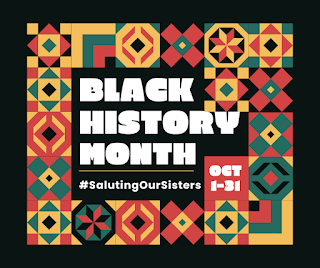


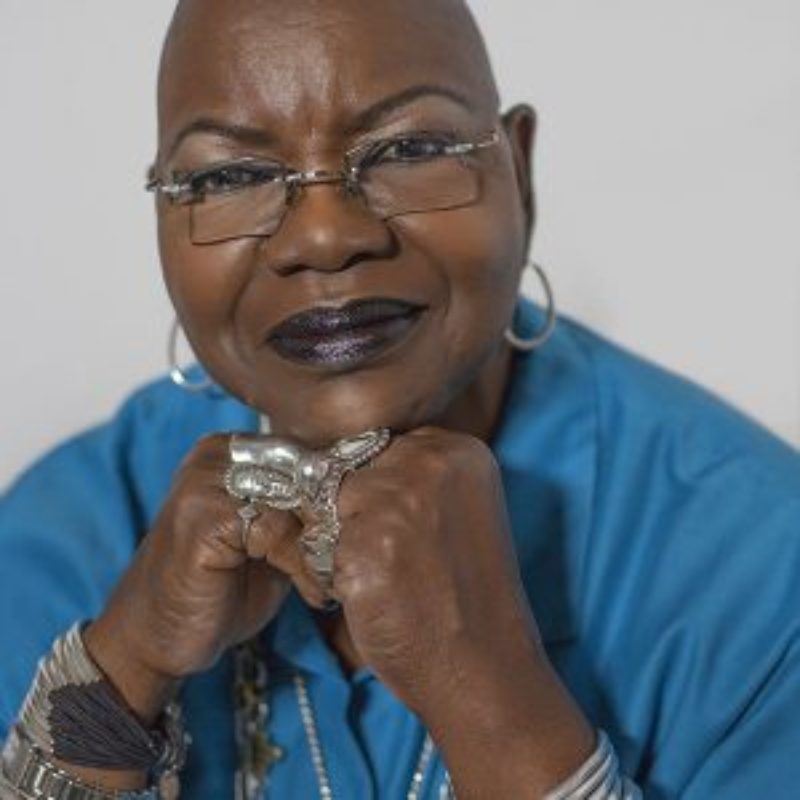
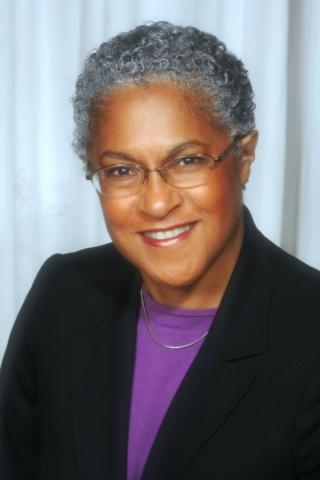
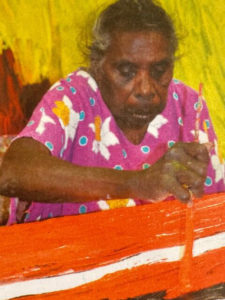
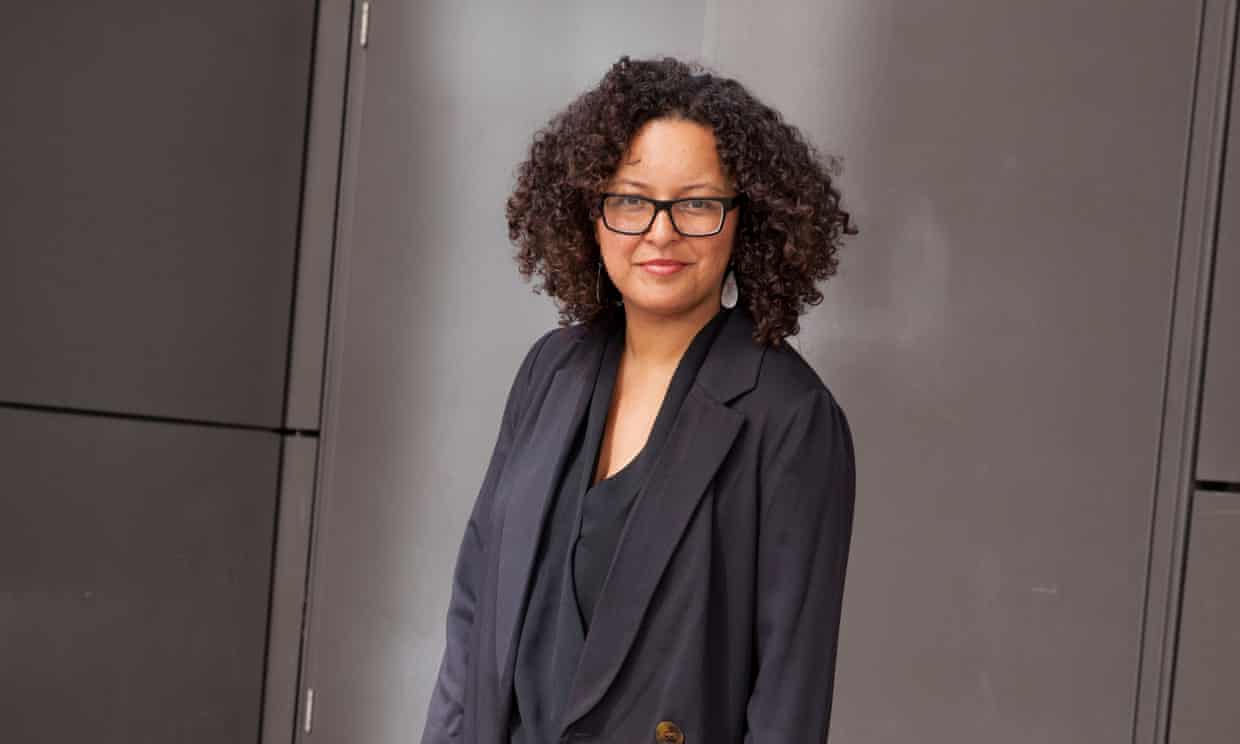

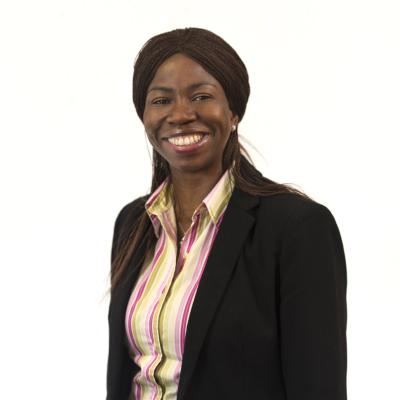
.png)

